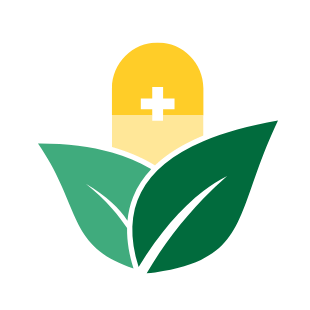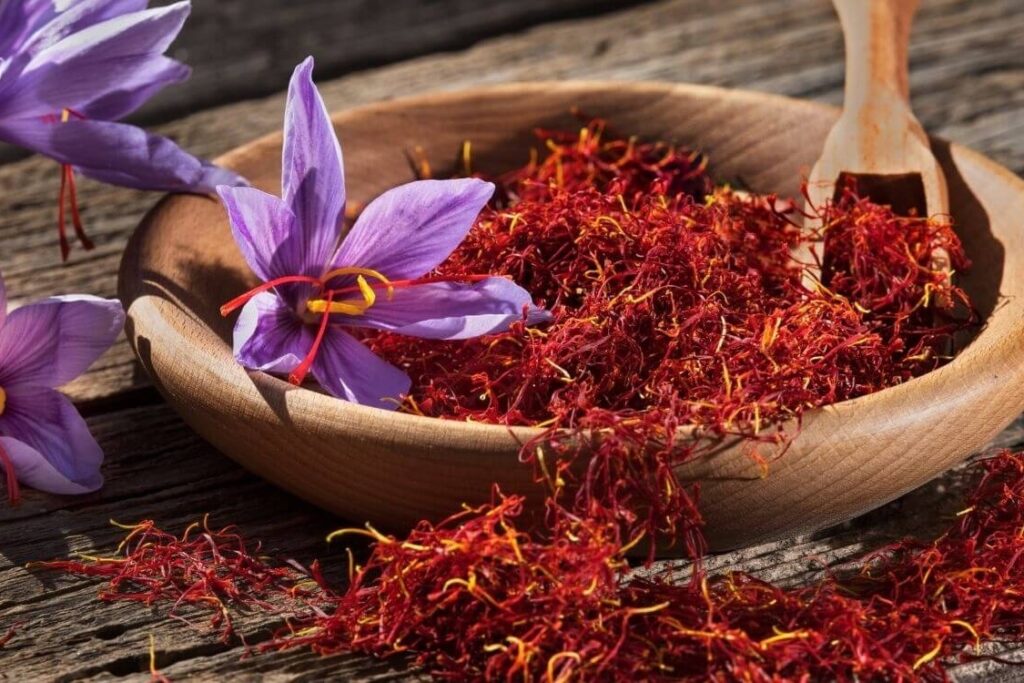Saffron, the world’s most expensive spice, has a rich history dating back over 3,500 years. Known scientifically as Crocus sativus, saffron is derived from the delicate pistils of the saffron crocus flower. This vibrant ingredient is not just a culinary delight but also a powerful herbal remedy, offering a plethora of health benefits. Let’s dive into the remarkable properties of saffron and uncover its potential in modern phytotherapy.
The Golden Threads of Saffron
Saffron’s value lies in its labor-intensive harvesting process and its potent bioactive compounds. The primary active constituents in saffron include crocin, picrocrocin, and safranal. Crocin, responsible for saffron’s distinct color, is a powerful antioxidant. Safranal, the compound giving saffron its unique aroma, has shown various therapeutic effects, particularly in the realm of mental health.
A Spectrum of Health Benefits
Antioxidant and Chemoprotective Properties
Saffron is renowned for its antioxidant properties, which play a crucial role in protecting cells from oxidative stress and damage. This makes saffron a valuable ally in the prevention of chronic diseases and the maintenance of overall health.
Mood Enhancement and Depression Relief
Numerous studies have highlighted saffron’s efficacy in alleviating symptoms of mild to moderate depression. The compounds crocin and safranal exhibit significant antidepressant effects by modulating neurotransmitter levels in the brain, thus improving mood and reducing anxiety.
Cancer-Fighting Potential
Saffron has demonstrated promising anticancer properties, particularly against prostate cancer. Research indicates that crocin and its derivative crocetin induce apoptosis (programmed cell death) in cancer cells, inhibit cell proliferation, and arrest the cell cycle. These effects suggest that saffron could be a valuable component in cancer prevention and treatment strategies.
Anti-Inflammatory and Immunomodulatory Effects
Saffron’s anti-inflammatory properties are beneficial in managing various inflammatory conditions. Its immunomodulatory effects further enhance the body’s defense mechanisms, making it a potent herbal remedy for boosting overall immune health.
Clinical Insights and Applications
Several clinical studies have explored saffron’s therapeutic potential. In prostate cancer research, saffron’s active compounds have shown to suppress tumor growth and induce cancer cell death. These findings are particularly significant for patients undergoing preventive or curative treatments for prostate cancer.
Moreover, saffron’s role in mental health has been supported by clinical trials demonstrating its effectiveness in reducing depressive symptoms. This makes saffron an appealing natural alternative or complementary option to conventional antidepressants.
Harnessing Saffron’s Benefits in Phytotherapy
Incorporating saffron into phytotherapy practices can enhance the efficacy of various treatments. For instance, in combination with other potent plant extracts, saffron can provide synergistic effects that amplify its therapeutic benefits. Products like Primaprox, which utilize saffron alongside other powerful herbal ingredients, offer a comprehensive approach to health management.
Saffron is truly nature’s golden treasure, with its multifaceted health benefits spanning from antioxidant and anti-inflammatory properties to mood enhancement and cancer-fighting potential. As research continues to uncover the extensive therapeutic applications of saffron, its role in modern phytotherapy becomes increasingly significant. By integrating saffron into your health regimen, you can harness the power of this ancient spice to support overall well-being and vitality.
REFERENCES
D’Alessandro AM, Mancini A, Lizzi AR, De Simone A, Marroccella CE, Gravina GL, et al. (2013) Crocus sativus stigma extract and its major constituent crocin possess significant antiproliferative properties against human prostate cancer. Nutrition and cancer 65:930-942
Festuccia C, Mancini A, Gravina GL, Scarsella L, Llorens S, Alonso GL, et al. (2014) Antitumor effects of saffron-derived carotenoids in prostate cancer cell models. BioMed research international 2014:135048
Samarghandian S & Shabestari MM (2013) DNA fragmentation and apoptosis induced by safranal in human prostate cancer cell line. Indian journal of urology : IJU : journal of the Urological Society of India 29:177-183

